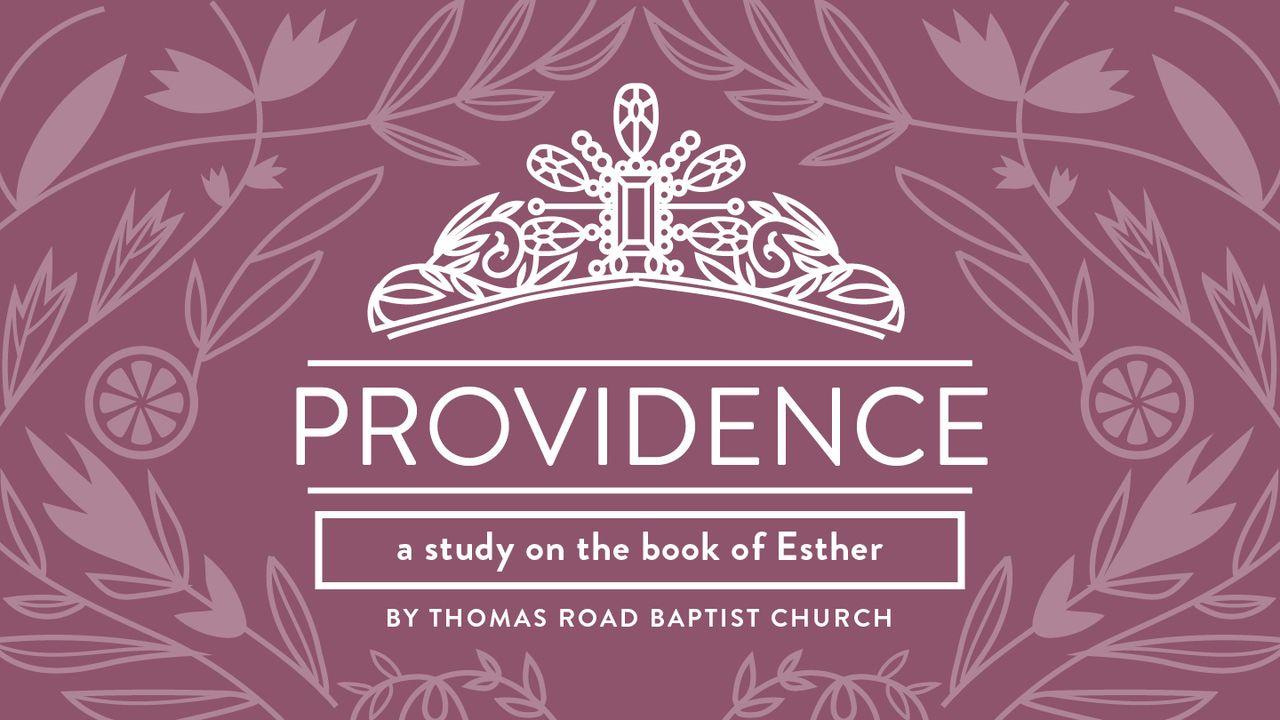Providence: A Study in Estherਨਮੂਨਾ

What does it say?
Esther invited the king and Haman to dinner. Haman plotted against Mordecai.
What does it mean?
While Esther’s position deepened her humility, Haman’s position exacerbated his pride. The invitation to join Queen Esther and King Ahasuerus for a private dinner puffed him up even more. Yet he found it difficult to enjoy his privileged position and wealth because the resistance of one man, Mordecai, consumed him. Haman’s discontent was so significant that his friends and family encouraged him to humiliate Mordecai and sentenced him to death. At least then, he believed, he could find peace and take pleasure in his greatness.
How should I respond?
Humility is not a sign of weakness but evidence that you are drawing strength from God. Pride is the opposite - it demonstrates both weakness and lack of trust in God. Pride does not produce contentment but an ever-increasing dissatisfaction with your current circumstances. There is no peace in an unending pursuit of personal satisfaction. Pride is destructive both personally and spiritually. In what areas of your life have pride and discontent started to take over? Ask God for help in shifting your perspective from reliance on your ability to dependence on Him. Pride destroys, but humility produces greatness.
ਪਵਿੱਤਰ ਸ਼ਾਸਤਰ
About this Plan

The book of Esther is set during the period of exile when God's people are scattered across the Persian empire. As nefarious men plot against the Jews, Esther reminds us that even in dark days God is providentially guiding and protecting His people.
More









